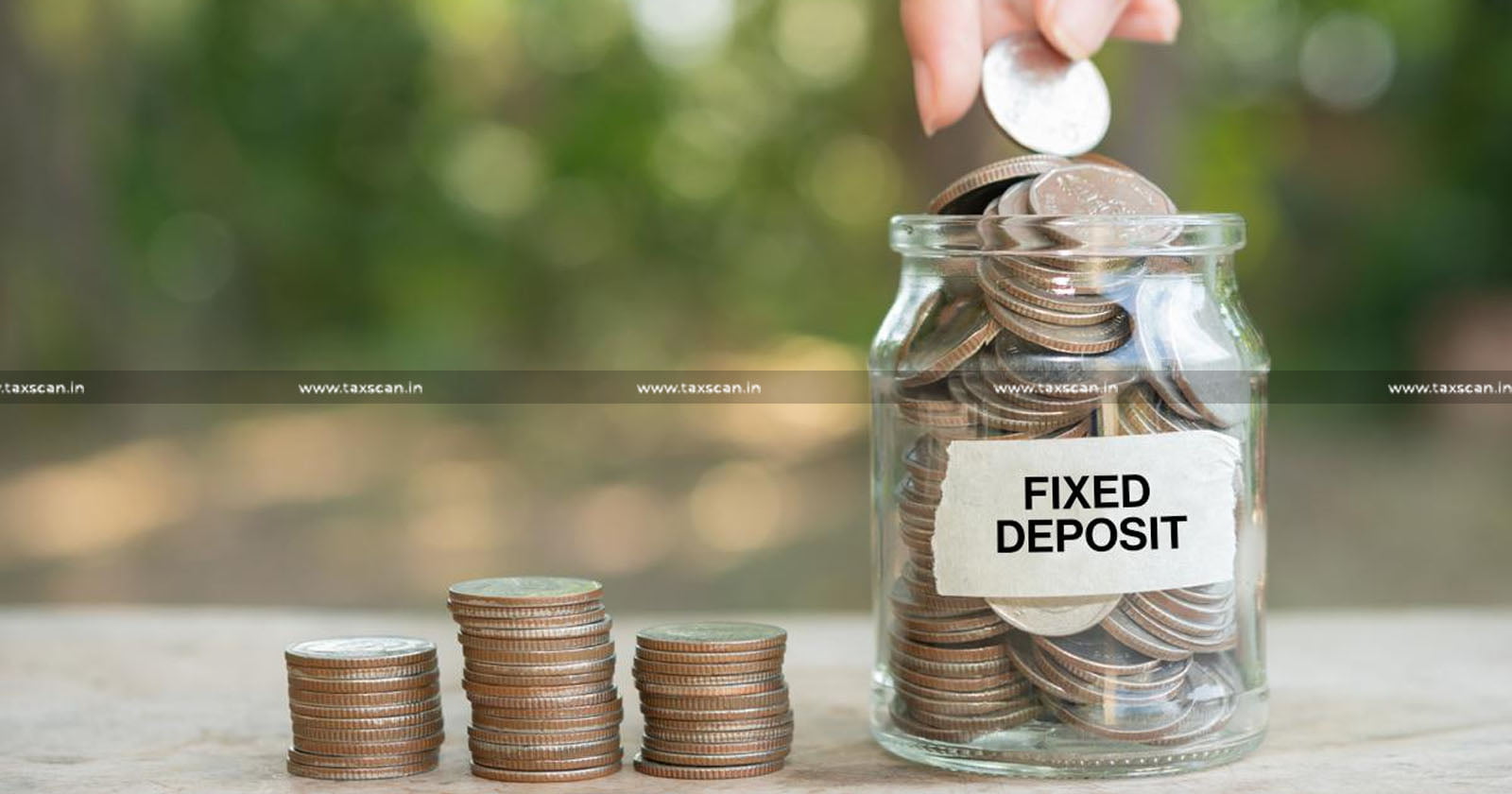Tax Saving Fixed Deposits: 10 Things to Know Before You Invest

Tax Saving – Fixed Deposits – Invest -Tax Saving Fixed Deposits – taxscan
Tax Saving – Fixed Deposits – Invest -Tax Saving Fixed Deposits – taxscan
Tax saving Fixed Deposits (FDs) offer tax deductions under Section 80C of the Indian Income Tax Act, 1961. These tax-saving FDs mature in five years, and both individuals and the Hindu Undivided Family (HUF) are eligible for deductions under Section 80C. Taxpayers can opt for tax-saving FDs to save on taxes while earning a fixed return on investments.
Taxpayers can opt for either of the two types of accounts when making these deposits: Single Holder Type and Joint Holder Type. While choosing the joint holding mode, the tax benefit is only available to the first holder.
Investing in tax-saving fixed deposits (FDs) can help individuals save on taxes under Section 80C of the Income Tax Act. While they offer benefits, it is crucial to consider a few factors before investing. Here are some essential points to keep in mind:
1. Interest Rates: Different banks offer varying interest rates. Higher rates mean better returns in the long run. Compare and choose the bank that offers higher returns.
2. Lock-in Period: Tax-saving FDs come with a lock-in period of 5 years, so investors should be prepared to keep their funds locked in for that duration. Additional liquid funds are to be maintained for emergency situations.
3. Tax Benefits: Investors can avail Income Tax deduction up to Rs. 1.5 Lakh per Annum from their taxes by under Section 80C of the Income Tax Act investing in tax-saving FDs.
4. Premature Withdrawal: Investors cannot withdraw tax-saving FDs prematurely, so they should ensure they have sufficient liquid funds for emergency needs.
5. Frequency of Interest Payout: The interest can be paid out monthly, quarterly, half-yearly, or annually. Choose a payout frequency that suits your cash flow requirements.
6. Penalty for Default: Banks may charge a penalty for missed deposit payments, in case of recurring deposits.
7. Reinvestment Option: Opt-in for the reinvestment option to earn interest in compounded terms.
8. Documentation: Ensure you have all the necessary documents in place. PAN, Aadhar Card and proof of Source of Income before you deposit.
9. Joint Account: Consider opening a joint account with a spouse or family member.
10. Nomination: Nominate a beneficiary while you invest in tax-saving Fixed Deposits.
Two more bonus points to note, if you are seriously into Fixed Deposit investments:
FD Insurance: Check if the bank or financial institution offering the FD is covered under the Deposit Insurance and Credit Guarantee Corporation (DICGC). This ensures that your deposit is insured up to Rs 5 lakh in case of any bank failure.
Inflation: Keep in mind the inflation rate while investing in FDs. If the inflation rate is higher than the interest rate offered by the FD, the real return on your investment may be lower than expected.
Tax-saving FDs can be an excellent investment option, but investors need to be aware of the above points before investing. By doing so, they can make informed investment decisions that meet their financial goals and requirements. Nevertheless, it is always advisable to consult a professional before you make any investment decisions for expert advice.
Support our journalism by subscribing to Taxscan premium. Follow us on Telegram for quick updates


